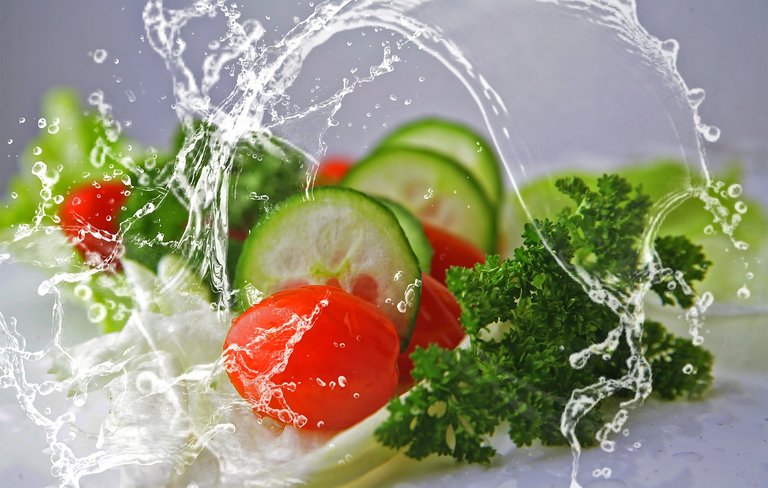"Exploring Nigeria's Culinary Landscape: A Journey from Farm to Table"
Food is one of man's best friends, and it has been the key feature that keeps all living things that breathe in air alive and strong for the number of years destined to live on the planet Earth. Food has a long history and has been in existence before the creation or evolution of humanity, and we can all agree that food has been a blessing personally and economically around the world. It is a blessing to be able to afford to eat for a day because there are some people out there who can't afford to drink a bottle of water rather than have a proper meal.
In this part of the world, it is easy to access food from its source. I can't count how many times I have seen farmland that grows different types of crops, fruits, and vegetables. Fresh foods are recommended by health experts to be one of the best forms of getting the fully balanced diet necessary for the body to develop, stay healthy, and function properly. In Nigeria, you rarely see a proper individual who has a stable source of livelihood get sick easily or look malnourished because the individual is capable of getting adequate and fresh food supply directly from the market sold by people who get the supply directly from the source.
Canned food is encouraged here in Nigeria and according to Research & Market canned food is estimated to grow at a CAGR of 6.80% to reach the market size of $188.850 million in 2028 from $119.172 million in 2021, but even with good start most Nigerians prefer to get their food fresh and free from preservative. Agriculture is one of the biggest industries in Nigeria and used to be the nation's main source of revenue until the discovery of oil, which is now the number one source of revenue in Nigeria today.
Most Nigerians living outside the busy cities own a farm or a little garden where they farm crops of fruits, which will be at their disposal any time they need it. In my home, I planted a plantain and banana tree, although it is not as big as a plantain and banana plantation owned by farmers. It is still worth it because I can't count how many plantains and bananas I have gotten from those trees at home. It gets to a point that sometimes they produce just too much for my family to consume, and we give it out so it won't get spoiled.
There was even the time my mum planted vegetables(Ugu) in the backyard of my home, and I remember she never went a day without putting the vegetables in her food. It became her routine, and I joined her, but sadly, due to poor management, the vegetable did not last as long as she hoped, but I got to enjoy it for the short time it was alive. It's important to know where your food is planted and how it's processed to know if it's healthy enough for consumption, most people neglect this which is bad and that is why it needs to be encouraged more often. So, guys, that will be all for now. Thanks for stopping by, and have a good day.
Posted Using InLeo Alpha

Nigeria really has amazing foods